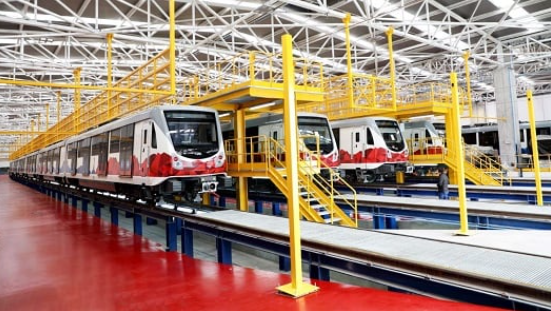Metro de Medellín started commercial operations on its “13th” line, this time outside Colombia with the Quito Subway in Ecuador.
In order to achieve this goal, Empresa Operadora Metro de Medellín Transdev (EOMMT) was created in Quito, which is the result of an alliance between Metro de Medellín and the transnational Transdev, based in France.
Both companies have more than 100 years of experience in the operation of trains and other integrated transportation systems.
Read also: Colombia: Public Bicycle System Makes Major Contributions to Sustainable Mobility
Project in Figures
According to an official communiqué, the Quito Metro will enable an average of 400,000 people to be transported on 18 trains, which will run on a subway railway consisting of 15 stations, 5 of which are intermodal.
In addition, Empresa Operadora Metro de Medellín Transdev will be responsible for the collection and maintenance of the infrastructure of all stations.
In recent months, Metro de Medellín has been in charge of training traffic operators, drivers, operational safety, public risk and fare collection personnel. For this purpose, 30 Metro employees traveled to Ecuador to provide technical assistance.
The most important training was in Metro Culture. Metro employees accompanied and helped in the structuring of the model and carried out training programs for EOMMT personnel in order to apply there the positive relationship model.
“Today we see materialized a dream, but also a great teamwork. Together with Transdev we managed to start operating our line 13, but this time of international character: the Quito Metro”, said Carlos Ortiz, Business Development Manager of Metro de Medellin.
He emphasized that thanks to the collaborative work, experience and dedication of the entire Metro de Medellin team, more than 400,000 people will benefit from this system.
“This allows us to continue positioning our Company in the international market, through the integration of technology, our human resources and the Metro Culture”, he concluded.




